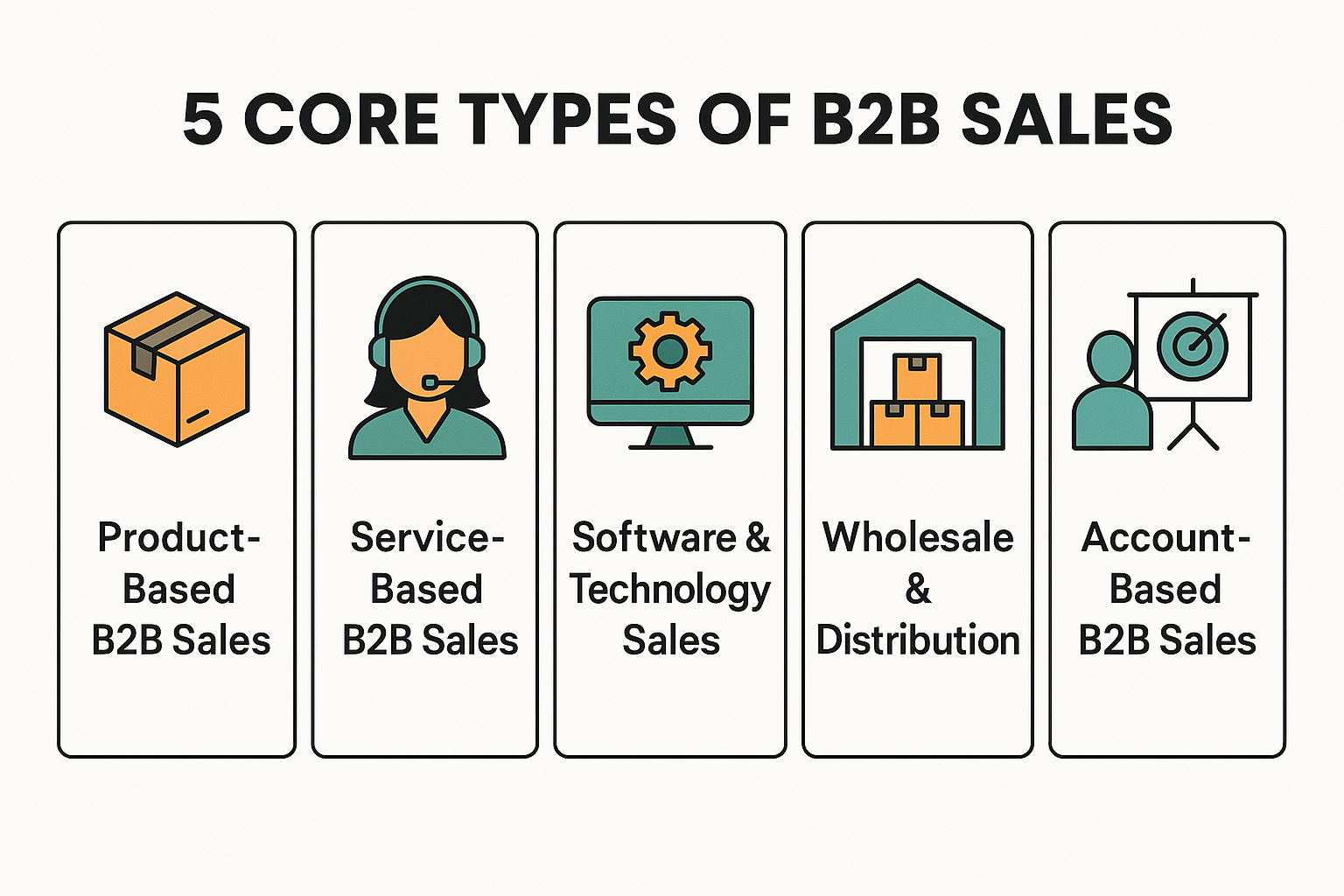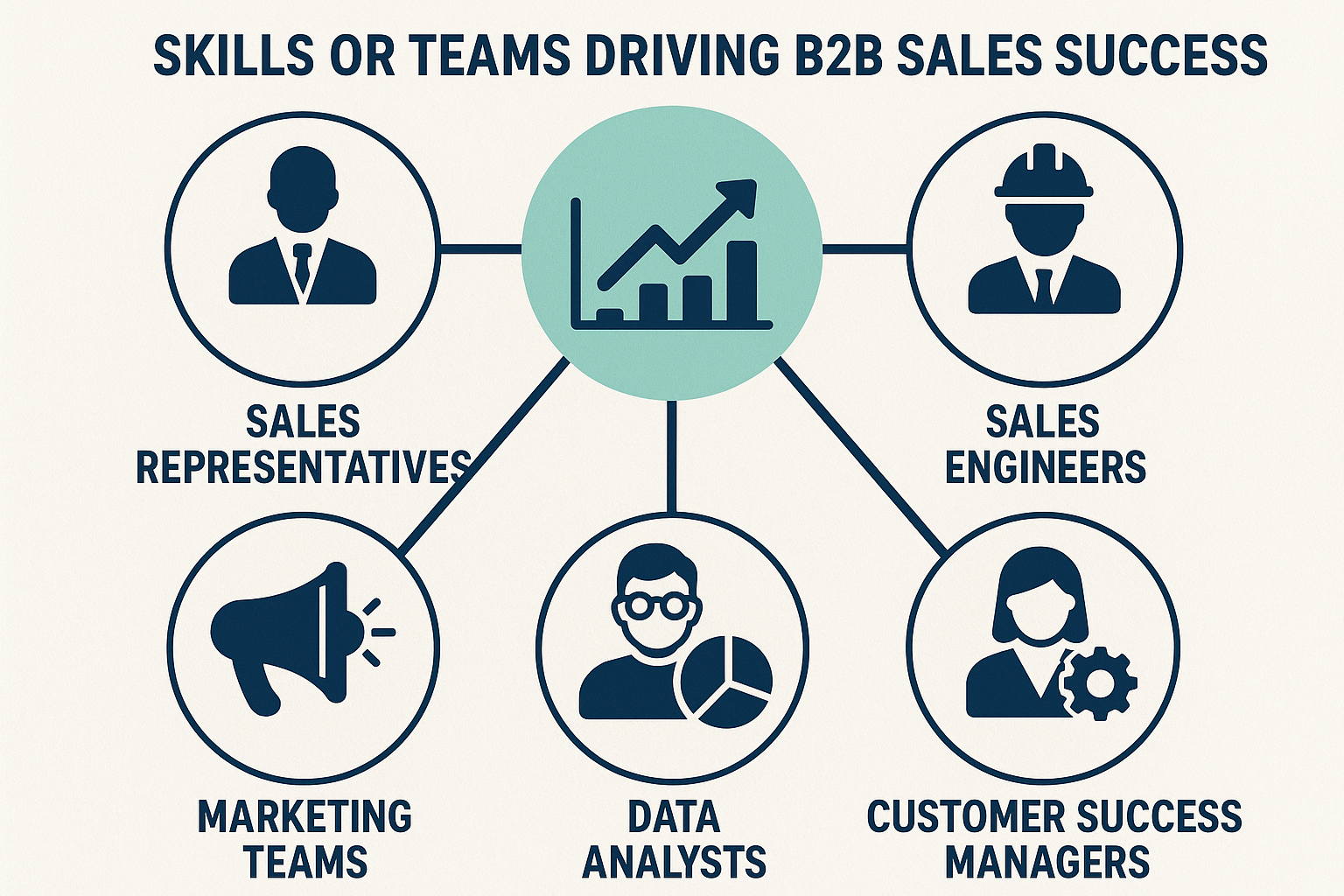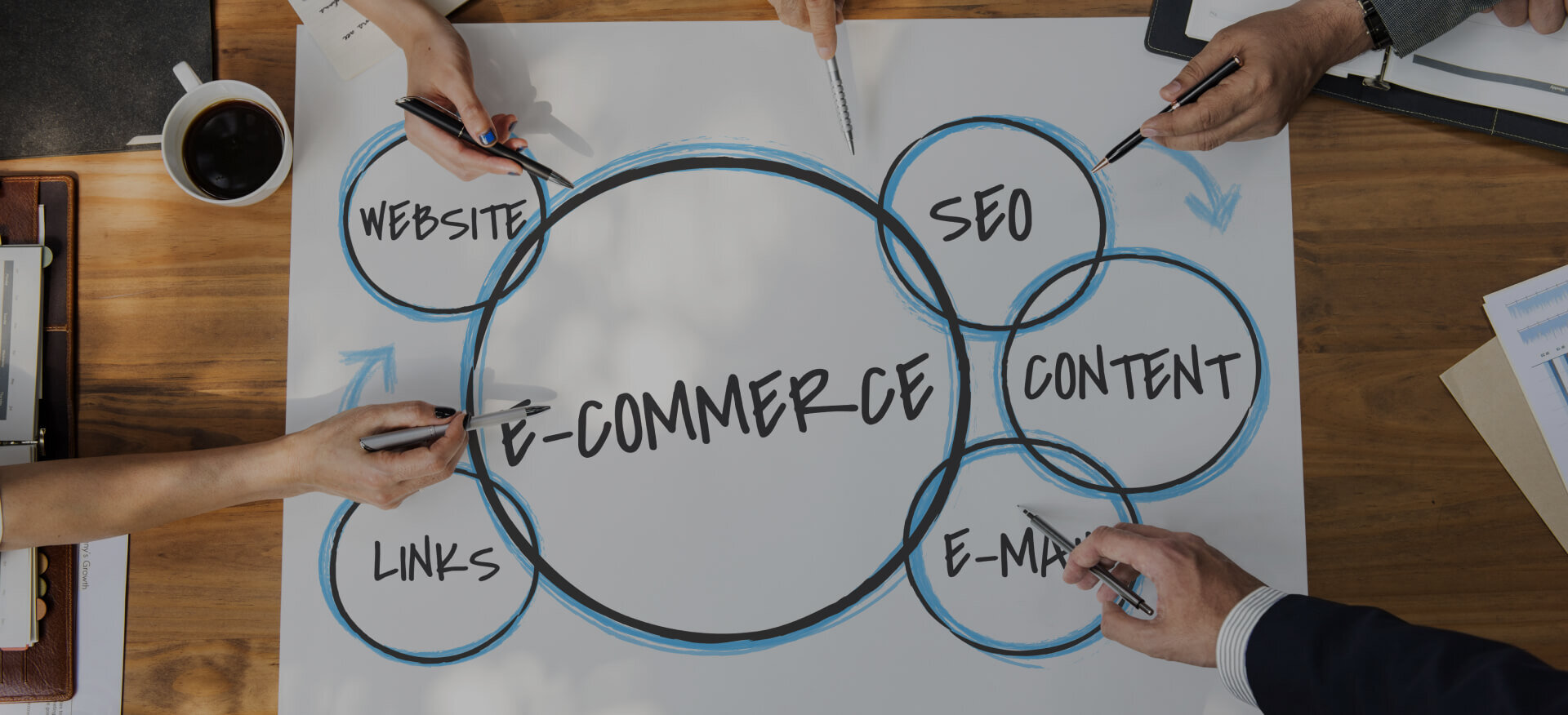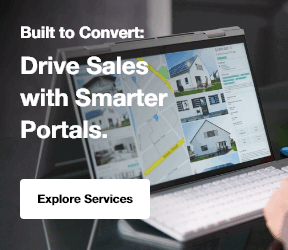Selling to other businesses, known as B2B sales, drives global commerce. From software powering corporations to raw materials feeding factories, B2B sales connect industries and enable growth. But unlike selling to consumers, B2B sales involve longer sales cycles, larger deal sizes, and complex decision-making processes.
Today, this landscape is changing faster than ever. Buyers research online, expect personalized experiences, and demand clear ROI. Meanwhile, sales teams must use data, technology, and smart strategies to stay competitive.
Whether you’re a small agency selling services, a manufacturer targeting enterprise buyers, or a tech startup breaking into new markets, understanding B2B sales is critical to your success. In this guide, we’ll explore what B2B sales really mean, how the process works, the benefits and challenges involved, the tools you need, and the future of selling to businesses.
What Is B2B Sales?
B2B sales (business-to-business sales) are the process of selling products or services from one company to another.
Instead of targeting individual shoppers (as in B2C sales), B2B focuses on organizational buyers such as corporations, government agencies, non-profits, or other enterprises.
B2B sales deals are typically high-value, long-term partnerships. They often involve multiple stakeholders, from executives and procurement officers to end-users and IT teams, and require careful relationship-building, trust, and clear ROI justification.
In addition to understanding B2B sales, it's also essential to consider how companies can optimize their B2B sales funnel, ensuring they target the right prospects at the right stages. Many businesses seeking to maximize their online visibility turn to affordable local seo services to enhance their local presence and attract nearby clients.
Examples of B2B Sales in Action
- A software company selling cloud-based HR management tools to large employers.
- A manufacturer providing engine components to automotive brands.
- A marketing agency offering lead-generation services to other businesses.
- A wholesaler supplying retailers with products in bulk.
For businesses competing in this space, success depends on strategy, positioning, and modern marketing.
Implementing effective B2B marketing strategies with seo agency for ecommerce can help refine your message, reach key decision-makers, and close deals more efficiently.
5 Core Types of B2B Sales
B2B sales involve transactions between businesses, focusing on meeting the needs of other companies. Key types of B2B sales vary based on the target market and sales approach.

B2B sales take many forms depending on industry and offering:
- Product-Based B2B Sales: Companies sell physical goods to other businesses, from office furniture to industrial machinery.
- Service-Based B2B Sales: Consulting, IT services, legal advice, and specialized marketing are common examples.
- Software & Technology Sales: SaaS (software as a service), enterprise platforms, and cybersecurity solutions dominate the modern tech landscape.
- Wholesale & Distribution: Manufacturers or wholesalers sell products in bulk to retailers or resellers who then sell to end customers.
- Account-Based B2B Sales: Sales teams target a few high-value accounts with deeply personalized outreach and solutions tailored to each client.
Get Our B2B Marketing Services Now!
7 Step B2B Sales Process
While no two sales cycles are identical, most B2B sales follow a structured process:
1. Lead Generation
Identifying potential buyers through content marketing, referrals, advertising, trade shows, or cold outreach. Modern lead generation increasingly relies on SEO, webinars, and LinkedIn networking.
2. Prospecting & Qualification
Sales reps qualify leads to ensure they have the budget, authority, need, and timeline (BANT) to make a purchase. This step avoids wasted effort on unfit prospects.
3. Needs Assessment
Through discovery calls or meetings, reps uncover the client’s pain points, goals, and success criteria. Understanding the buyer’s challenges is essential to offering the right solution.
4. Solution Presentation & Demos
Sellers present tailored proposals, product demos, or proof-of-concept trials to demonstrate value. Here, case studies and ROI data are powerful tools.
5. Negotiation & Objection Handling
Buyers may push back on price, implementation, or ROI. Skilled reps address concerns with data, flexibility, and reassurance.
6. Closing the Deal
Contracts, pricing, and delivery details are finalized. Legal and procurement teams often get involved here.
7. Post-Sale Support & Relationship Building
Unlike B2C, B2B success relies on long-term partnerships. Onboarding, training, and excellent customer service encourage renewals and upsells.
Modern sales teams leverage B2B marketing automation tools to streamline and enhance these stages, making the process more efficient.
Many organizations optimize these stages with CRM systems, marketing automation, and AI-powered analytics.
Companies modernizing their sales process often benefit from digital transformation to integrate data, tools, and workflows.
What Are the 5 Benefits of B2B Sales?
A strong B2B sales strategy can transform a business:
- High-Value Deals: B2B contracts often bring in larger revenue than individual consumer sales.
- Long-Term Partnerships: Companies that deliver great solutions build multi-year client relationships.
- Stable Growth: Recurring contracts and predictable pipelines stabilize cash flow.
- Strategic Networking: B2B relationships often lead to referrals, partnerships, or co-innovation.
- Scalable Opportunities: Once processes and systems are in place, expansion into new markets becomes easier.
In addition, businesses often leverage tools like SEO to enhance their Google keyword ranking and generate qualified leads more efficiently.
Partnering with an enterprise seo marketing company ensures that your business maintains a competitive edge through powerful SEO strategies that scale with your growth. To fully unlock these benefits, businesses often leverage digital marketing services to generate qualified leads, nurture prospects, and stay visible to key buyers.
What Challenges Do Companies Face in B2B Sales?
While lucrative, B2B selling comes with challenges:
- Long Sales Cycles: Deals can take months or even years due to multiple stakeholders and approvals.
- High Competition: Similar offerings make it tough to stand out without a clear value proposition.
- Complex Decision-Making: Sellers must address the needs of everyone, from end-users to executives.
- Budget Restrictions: Even interested buyers may lack funds or delay purchases.
- Changing Buyer Expectations: Today’s B2B buyers expect personalized experiences, transparency, and digital resources.
One additional challenge in B2B sales is figuring out how to choose a B2B web development partner to ensure your online presence aligns with your sales strategy and helps engage potential clients.
Premium businesses also face the challenge of keeping their brand perception strong while scaling outreach. Collaborating with a luxury branding agency helps maintain prestige while reaching the right clients.
What Tools & Technologies Support B2B Sales?
Successful B2B sales teams use a range of technologies to work smarter:
- CRM Software: Platforms like Salesforce, HubSpot, or Zoho centralize customer data and track deals.
- Sales Intelligence Tools: LinkedIn Sales Navigator, ZoomInfo, and Clearbit help identify and research prospects.
- Marketing Automation: HubSpot, Marketo, or Pardot nurture leads with personalized campaigns.
- Proposal & Contract Software: PandaDoc and DocuSign streamline contract creation and signing.
- Analytics & Reporting Tools: Tableau or Power BI track performance and ROI for data-driven sales decisions.
Some companies build custom dashboards and integrations tailored to their unique workflows. Investing in application engineering & development ensures technology supports your sales team’s needs.
What Role Does Content Play in B2B Sales Success?
Content is essential in today’s B2B buying journey. Buyers research extensively before contacting sales reps, often consuming blogs, white papers, case studies, webinars, and video demos. High-quality content positions your brand as a trusted expert and shortens the sales cycle.
For example, publishing ROI calculators, industry reports, and product comparison guides builds credibility and answers key buyer questions early. To make sure this content reaches your target audience, investing in top seo firms helps rank your resources where decision-makers search.
Explore Our Digital Marketing Services!
What Are the Latest Trends Shaping B2B Sales?
B2B sales are transforming due to technology and evolving buyer behavior. Some key trends include:
- Account-Based Marketing (ABM): Sales and marketing teams create personalized campaigns for top-tier clients.
- AI & Predictive Analytics: Tools score leads, forecast deals, and automate follow-ups.
- Video & Virtual Selling: Video demos and virtual events replace many in-person meetings.
- Data-Driven Targeting: Reps use advanced analytics to refine messaging and identify high-potential buyers.
- Customer Experience Focus: B2B buyers now expect consumer-like convenience and personalization.
Industries with complex offerings, such as energy or manufacturing, can benefit by partnering with an oil and gas marketing agency to simplify technical solutions for targeted audiences.
What Skills or Teams Drive B2B Sales Success?
Successful B2B sales rely on a combination of strategic skills and well-coordinated teams. Key factors include effective communication, relationship-building, and expertise in the target industry.

Behind every strong B2B sales organization is a diverse, skilled team:
- Sales Representatives: Build relationships and guide prospects through the buying journey.
- Sales Engineers: Provide deep product and technical expertise to customize solutions.
- Marketing Teams: Generate demand, create campaigns, and supply sales enablement content.
- Data Analysts: Provide insights on performance, lead scoring, and customer behavior.
- Customer Success Managers: Onboard new clients, drive adoption, and identify upsell opportunities.
For businesses expanding globally or targeting travel-driven industries, working with a travel marketing agency ensures your messaging resonates with diverse international markets.
What Does the Future of B2B Sales Look Like?
The future of B2B sales will be digital-first, AI-powered, and hyper-personalized. Buyers expect frictionless self-service portals, transparent pricing, and instant access to product information.
AI will help reps prioritize leads, predict buyer intent, and customize outreach at scale.
Hybrid sales models, which combine digital channels with expert human support, will dominate. Sustainability and social impact will influence purchase decisions, as companies prefer partners who share their values.
To thrive, businesses must invest in digital ecosystems that support the entire buying journey. Partnering with experts in web design & development ensures your online presence is seamless, credible, and built to convert.
In this context, understanding the differences between B2B vs B2C can give companies valuable insights into how to cater to different customer bases and optimize their sales strategies.
FAQs: What Is B2B Sales?
What are B2B sales?
B2B sales (business-to-business sales) occur when one company sells products or services to another organization, rather than to individual consumers.
How are B2B sales different from B2C sales?
B2B deals are larger, involve multiple decision-makers, and have longer buying cycles compared to consumer sales.
Why are B2B sales important?
It drives long-term contracts, creates stable revenue, and fosters strategic partnerships that fuel growth.
What strategies help B2B sales succeed?
Building trust, using account-based marketing, leveraging data insights, and aligning sales with marketing efforts.
Can small businesses thrive in B2B sales?
Yes. Niche expertise, smart digital marketing, and strong relationships help small companies win big contracts.
Conclusion
The B2B sales landscape has evolved from cold calls and trade shows to a digital-first, data-driven discipline. Success now requires strategic targeting, personalized outreach, valuable content, and modern technology to guide buyers through long, complex purchase journeys. But having a great sales process isn’t enough. Your brand, digital presence, and marketing execution determine whether your company gets noticed and trusted by the right decision-makers.
That’s where Centric comes in. We help businesses design smarter sales systems, craft impactful marketing strategies, and create digital experiences that win buyers’ trust. Whether you’re refining your B2B sales process or expanding into new markets, they provide the tools, strategy, and expertise to drive measurable growth.









